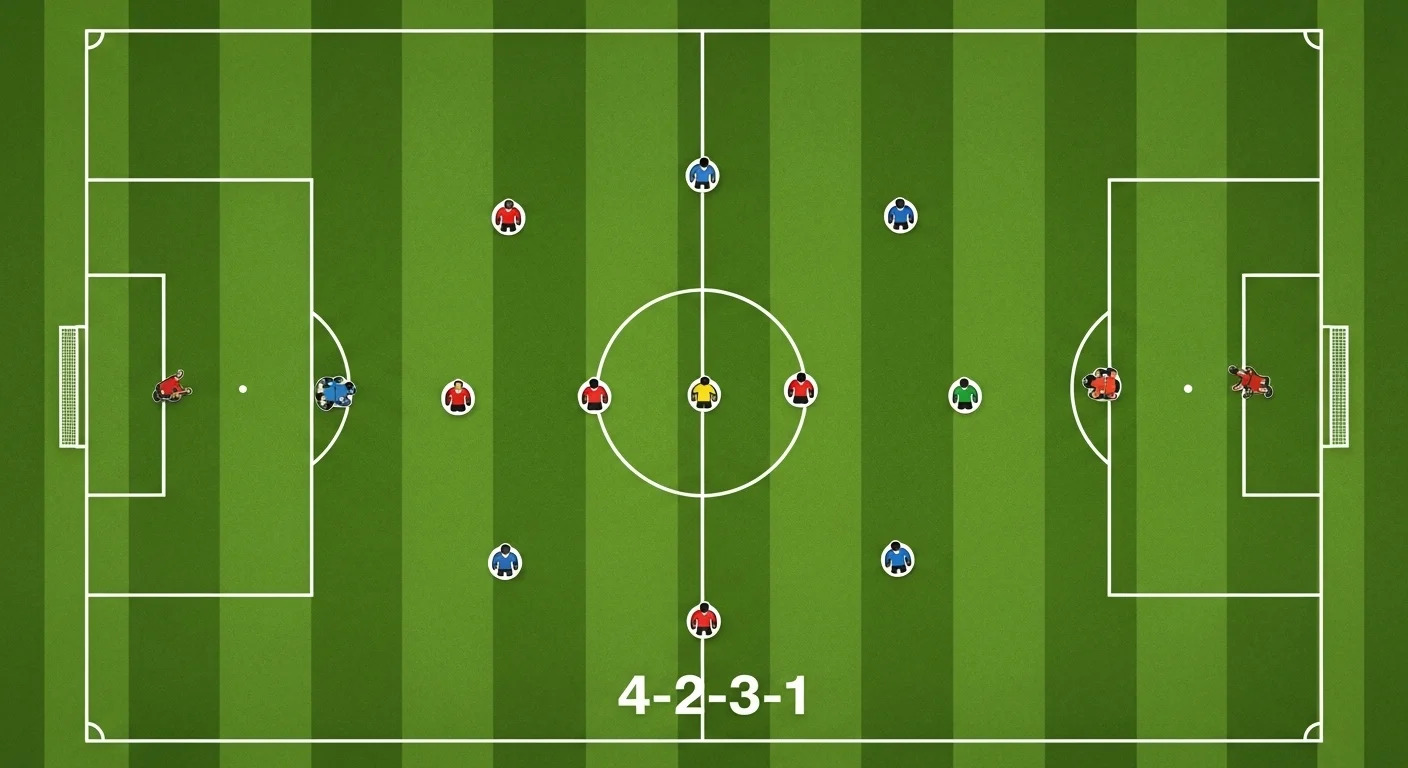November 18 has always been a sacred date in Haitian history, marking the 1803 Battle of Vertières. Now, November 18, 2025, stands beside it as the day the Haitian National Team ended a 52-year drought.
In a stunning turn of events that will be retold for generations, the Grenadiers have officially secured direct qualification for the 2026 World Cup. Following a tactical masterclass against Nicaragua and a nerve-wracking conclusion to the group stages, Haiti has punched its ticket to the world’s biggest stage, bypassing the treacherous playoff rounds.
For the first time since the legendary 1974 squad, the Haitian flag will fly at the World Cup finals. Here is the full breakdown of how this historic night unfolded.
The Path to Victory: A Mathematical Miracle
Coming off a disheartening loss to Honduras, hope seemed bleak. The math was complicated: Haiti needed to defeat Nicaragua and rely on Costa Rica to hold off Honduras in a separate match.
While the public’s faith wavered, the squad’s resilience did not. Under the guidance of Coach Sébastien Migné, the technical staff made crucial adjustments. Acknowledging defensive flaws from previous matches, Migné stabilized the backline by introducing Hans Delcroix and shifting to a dynamic 4-2-3-1 formation. These changes proved decisive.

Haiti finished the group stage with 11 points and a goal difference of +3. While Honduras also finished on comparable stats, Haiti’s superior performance against common opponent Nicaragua—taking 6 points where Honduras only took 3—ultimately tipped the scales in favor of the Grenadiers.
Tactical Analysis: The “Messi-Esque” Moment
The match against Nicaragua was a test of patience. The Nicaraguans played a deep defensive block, waiting to exploit Haiti on the counter-attack. It required individual brilliance to break the deadlock, and Louicius Don Deedson delivered.
In the first half, Deedson scored a goal described by analysts as “Messi-esque.” Receiving the ball on the right flank, the left-footed winger cut inside, weaving past defenders. Utilizing a sharp “one-two” pass with teammate Casimir—reminiscent of street soccer played anba galri—Deedson found a shooting window and unleashed a cross-shot that left the goalkeeper helpless.
Rubens Providence sealed the game later on, capitalizing on a superb cross from Carlens Arcus to make it 2-0. This victory put Haiti in the driver’s seat, but the night was far from over.
The Suspense of the Century
As the final whistle blew for Haiti, players and fans alike turned their eyes to screens broadcasting the Costa Rica vs. Honduras match. A win for Honduras would have sent Haiti to the playoffs.
In a scenario echoing famous football finishes, Haiti waited breathlessly. Costa Rica, despite having little to play for, held firm at home, grinding out a 0-0 draw despite extended stoppage time. That draw was the final piece of the puzzle. The final whistle in San José triggered massive celebrations across the Haitian diaspora and in the streets of Pétion-Ville.
Breaking Records and Barriers
This qualification is historic for several reasons beyond ending the 52-year wait:
- Homeless Qualification: Haiti becomes the first nation in history to qualify for a World Cup final without playing a single match on home soil, having hosted “home” games in Curaçao due to instability.
- Caribbean Kings: Haiti becomes the first Caribbean nation to qualify for a second World Cup entirely “on the pitch” (excluding Cuba’s 1938 invitation), surpassing the records of neighbors like Jamaica and Trinidad & Tobago.
A New Era of Professionalism
Credit must be given to the Normalization Committee, led by Madame Monique André. For decades, Haitian football has been plagued by logistical nightmares—travel issues, missing equipment, and unpaid bonuses.
This campaign was different. The logistics were flawless. Players traveled in comfort, bonuses were paid, and the focus remained solely on football. This professional environment allowed players like Jean-Ricner Bellegarde, who acted as the midfield general, and goalkeeper Johnny Placide to perform at their peak.
Coach Migné’s Vision
In a post-match interview, Coach Sébastien Migné praised the mental toughness of his squad. “We took lessons from the Honduras defeat,” he stated. “The group remained federated around this project.”
Looking ahead, Migné announced plans to visit Cap-Haïtien in March to scout local talent, ensuring that domestic players have a chance to crack the World Cup roster.
Conclusion
The debate over dual-national players like Wilson Isidore will continue, but one thing is certain: Haiti has re-established itself as a top power in CONCACAF. We didn’t qualify because the giants (USA, Mexico, Canada) were absent; we qualified because we are better than Panama, Jamaica, and Trinidad.
The road to 2026 begins now. The Grenadiers are back.



